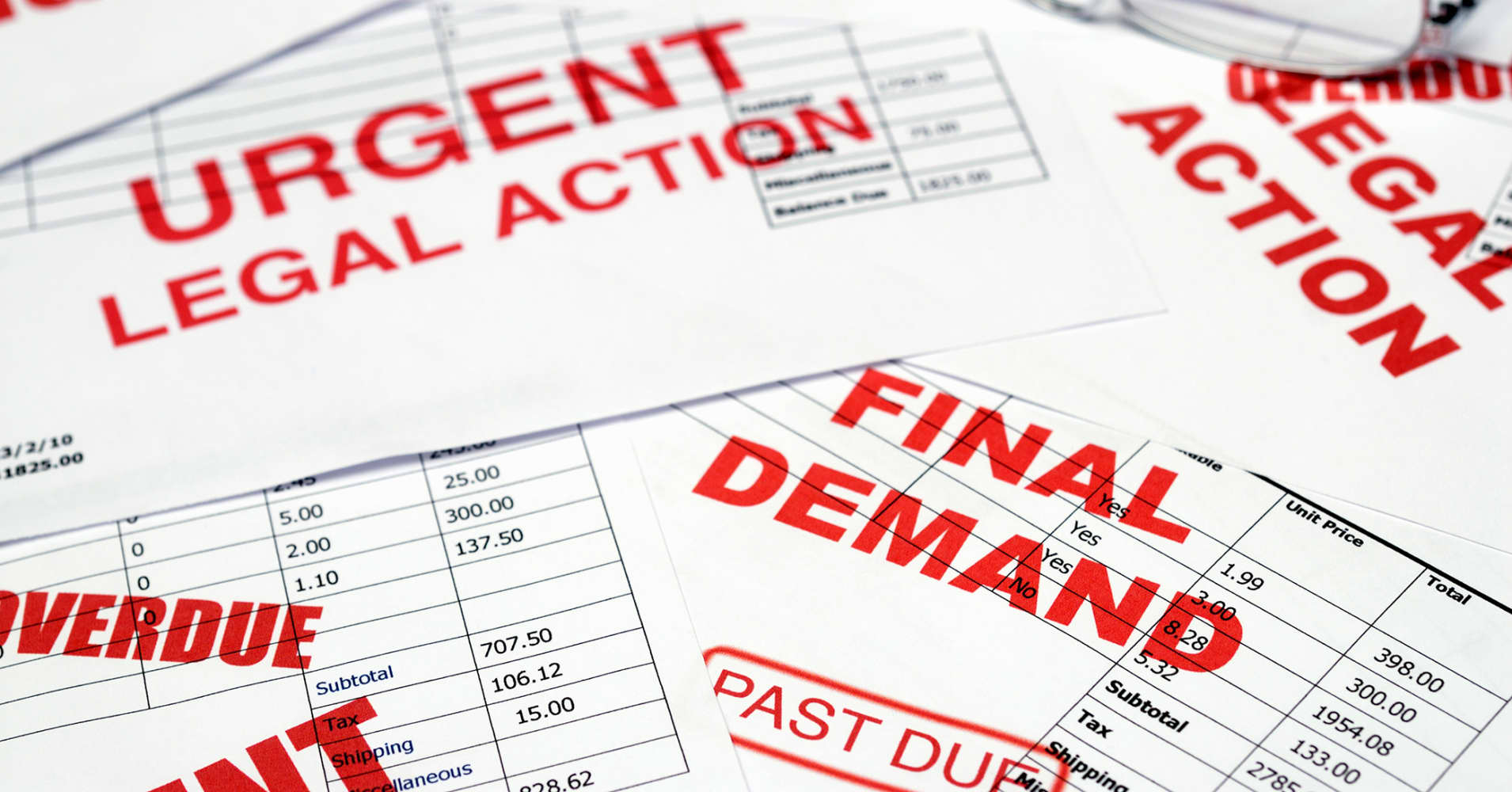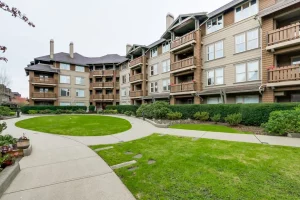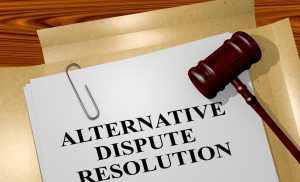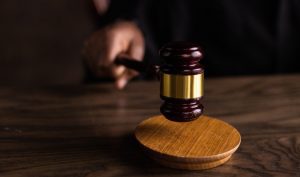The failure by owners to comply with their legal obligation to pay levies, necessitates the Trustees to take legal action for the collection of the outstanding levies. This can become a timeous and costly exercise, which can place a financial burden on the compliant owners.
In terms of the Prescribed Management Rules 25 (4), a defaulting owner is liable for all reasonable legal costs and expenses necessitated by the collection process, which is taxed by the relevant taxing Master, alternatively agreed upon between the Bodies Corporate and the defaulting owner.
Attorneys seldom work on a taxed scale and normally charge an attorney-client or own-client scale, which is a far higher scale of charges than allowed under the Rule 25 (4) of the Prescribed Management Rules.
Unless the debtor agrees to the higher scale, the Body Corporate will be liable to foot the Bill between the allowed scale and the higher scale as was charged by the attorney for the collection of arrears levies.
The portion not recoverable from the debtor will have to be paid from the administrative budget to which all owners contribute. As such it now becomes necessary for the Bodies Corporate to budget yearly for legal expenses not recoverable from the debtor.
The debtors levy account can also now only be debited once the Bill of Costs has been taxed by the Taxing Master.
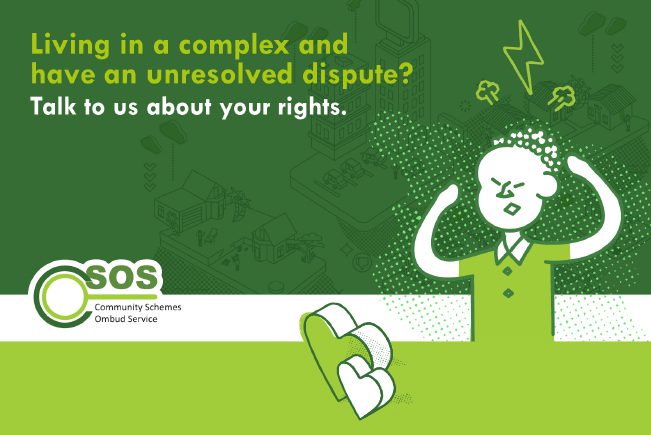
CSOS Assistance
An alternative for a Body Corporate is to lodge a dispute/claim for the outstanding levies through the offices of the Community Scheme Ombud Services (CSOS). A ruling can be obtained against the debtor which is then payable. This process is a relatively inexpensive process but has its own risks for the Body Corporate. The main risk is that an order on the facts is not appealable. In the event of a debtor still failing to make payment of the CSOS order, the Body Corporate will then have to approach a court to proceed with the collections process.
We recommend that Bodies Corporate investigate the possibility to amend their management rules to make provision for the debtors to be liable for all costs and expenses incurred in the collection of arrear levies on an attorney at own-client scale. This will remove the burden from the compliant owners back to the debtor.
Willie Roos

